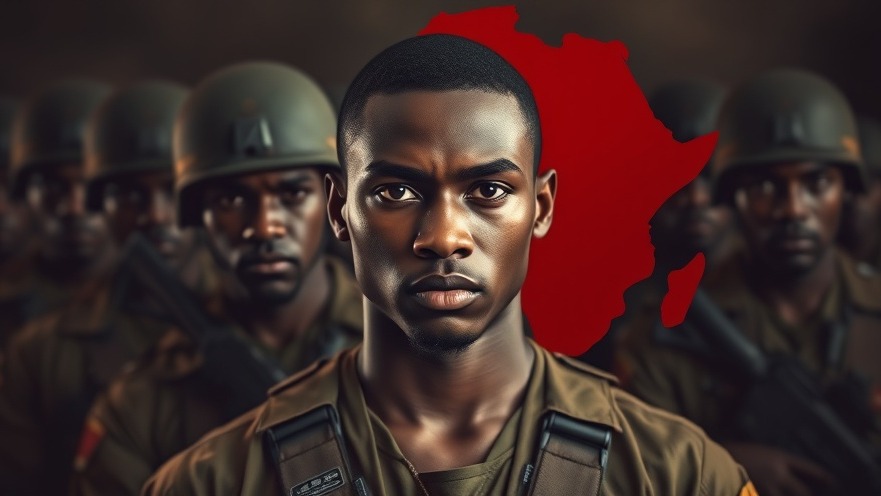
The Ongoing Strife in the Democratic Republic of the Congo
The Democratic Republic of the Congo (DRC) is a vast nation, often overshadowed by its complex history and ongoing conflicts. Why is it that one of Africa's richest countries, teeming with valuable minerals, remains ensnared in a web of violence and instability? The answer is multifaceted.
In 'Why the Congo War Never Ends', the discussion dives into the nuances of the DRC's long-standing conflict, exploring key insights that sparked deeper analysis on our end.
The War Economy: A Profitable Chaos
Historically, the DRC has been a treasure trove of natural resources, such as gold, copper, cobalt, and diamonds. Since the colonial era, these resources have fueled exploitation rather than the establishment of a cohesive, functioning state. Today, war has become a profitable venture for many in the region, making it difficult to envision peace. Informal taxation by armed groups now governs day-to-day economics, creating a system where lawlessness thrives under the guise of local protection.
Historical Roots of Conflict
The current conflict is not merely a result of recent events but is deeply rooted in the colonial past of the DRC. Colonized by Belgium, where the aim was the extraction of resources, the very fabric of governance was designed to be predatory. The seeds of division were sown then, and government structures have mostly been absent since. This historical disarray continues to impact contemporary politics, leaving citizens with no option but to form their own self-defense militias.
Shifting Alliances: The Nature of Modern Conflict
Unlike traditional wars where one side seeks to control the state, the current conflicts in the DRC are characterized by self-serving armed groups with no cohesive objective. These groups often appear as local protectors but have drifted into predatory behavior. The absence of a strong central government has allowed for a decentralization of power, further complicating the paths to peace.
The Impact of External Interests
Global interests play a significant role in perpetuating the chaos. Foreign countries, notably Rwanda, have been accused of meddling in the DRC’s affairs, often to secure access to its treasure trove of minerals. These interventions, far from providing stability, complicate the already intricate dynamics between local factions. Conflict minerals find their way into the global market, often laundered through various channels that obscure their origins.
A Path Forward? The Challenge of Governance
The perpetual cycle of violence in the DRC is underlined by an absence of governance and the failure to address the root causes of conflict. As long as external geopolitical interests are intertwined with local conflicts, the likelihood of establishing a cohesive and just government remains slim. Addressing these issues requires a nuanced understanding of the historical context and the current dynamics, which are often lost in sensationalized reports.
The DRC is a case study in the complexities of modern conflict. To understand it is to understand the intricate web of history, resources, and human experience that shapes not only a nation but the global landscape. Keeping an eye on such narratives can help us navigate not just the current state of affairs but also contribute to solutions for the future.
We invite you to think critically about how these interconnected issues play out not just in the DRC but across the globe and consider how informed discussion can lead to actionable change.
 Add Row
Add Row  Add
Add 


 Add Row
Add Row  Add
Add 

Write A Comment